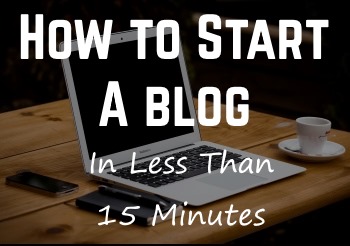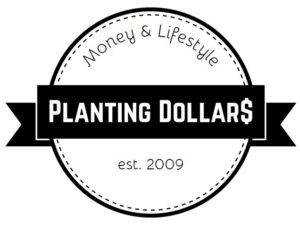The number of people facing massive personal credit card debt in America is rising. Data gathered in 2017 noted that the average credit card debt of most households in the country is nearly $16,000. Many are living beyond their means while others are trying to cover medical costs. If you find yourself burdened with credit card debt, paying the minimum amount on your cards is not likely to offer you financial freedom anytime soon. If you want to eliminate this debt, there are a few strategies you can use to tackle and possibly overcome it.
1. Stop Denying Your Debt
One of the first steps in overcoming credit card debt is to change how you think about it. You may even be in denial about how much you owe, how you handle the monthly charges, and whether paying off your cards is an important priority in your life. However, assuming that everyone is struggling to make ends meet does not excuse you from handling these debts. Facing what you owe and discovering avenues to reduce debt effectively is your responsibility and the first step toward financial freedom.
2. Organize and Plan
If you miss payments and get bogged down with costly late fees because you are paying on multiple cards, organizing your debt details and creating a plan to pay them more effectively can eliminate this problem. Late payments can seriously affect your credit, so taking the time to organize your debt can boost your payoff efforts.
If your current debt tracking system is not helping you make payments on time, consider trying a new tactic. Use free bill paying apps, keep a detailed calendar or journal specifically designed to help you manage your finances, and be vigilant about using it every day. When you organize your credit card debt details, you can make payments on time and avoid late fees that may lower your credit score with each instance.
3. Be Realistic
One reason you may be in deep credit card debt is the misuse of credit. Changing your spending practices can go a long way in paying off your debt, but you first must be realistic about your credit habits. Ask yourself whether you use your cards for impulse purchases, how you perceive want vs. need, and whether you use your cards to pay monthly bills because you often find yourself short of cash due to overspending. The more honest you are with yourself about how you use credit, the easier it can be to identify and change bad habits.
4. Increase Payments By Maximizing Your Budget
Making the minimum payments on your cards each month is akin to running on a giant wheel: you perform a required action but get nowhere fast. If you want to see your monthly minimum payments fall and your total balance shrink, paying over the minimum is the way to accomplish it. Look for hidden money in your budget to increase your payments, such as asking your Baltimore car insurance agent about discounts that may lower your premiums. The money you save can then be put toward your credit card payments.
Facing the reality of your credit card debt can be challenging. However, the reward of financial freedom can be more than worth the effort.







